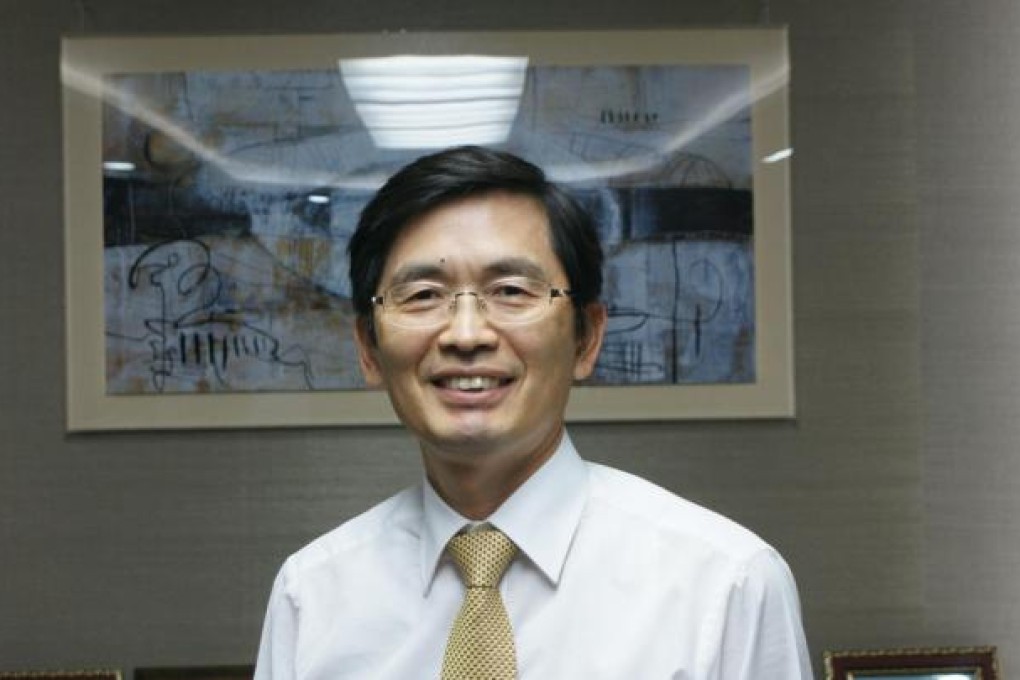DSEC helps Asian shipyards go hi-tech
Discovery Reports

With energy efficiency becoming mandatory in the shipping trade, industry players are going back to the drawing board to ensure compliance with new global rules. As the technological leader in shipbuilding and marine engineering, DSEC makes the process easier and cost-effective. It is eyeing partnerships with shipyards, especially those on the mainland and in Singapore, to offer much sought-after technological transfers and shipbuilding expertise.
DSEC is a unit of the Daewoo Shipbuilding & Marine Engineering group. With more than 1,000 experts on staff, it provides ship design and engineering, procurement support, construction consultancy and quality inspection services. DSEC's offering is more formidable with Busan International Distribution Center, which operates the biggest logistics centre at the Busan new port. Thus, DSEC handles its clients' global supply chain for ship materials and equipment.
DSEC has successfully conducted designs for various commercial ships and offshore structures along with design-oriented material supply and production consulting services. With customers spread across the United States, Russia, Romania, Brazil and Oman, it specialises in container ships, roll-on/roll-off vessels, oil tankers and navy vessels.
"Our leading-edge technology enables cost savings throughout the lifecycle of the vessels," says Lee Young-man, DSEC president and CEO. "Introducing technologies for low fuel oil consumption and environmental protection makes our customers prosperous. It is good for the environment and their business."
DSEC is keen on helping small and medium-sized Asian shipyards cope with new maritime rules by providing design and construction know-how on liquefied natural gas-fuelled ships and a patented propeller system. Called pre-swirl stator (PSS), the patented propeller system cuts fuel consumption by 3 to 5 per cent. More than 100 ships worldwide are fitted with PSS.
DSEC's design for LNG-fuelled ships ensures compliance with global emission standards. Its technology cuts carbon emissions by 23 per cent, nitrogen oxide by 80 per cent and sulphur oxide by more than 95 per cent. New maritime rules impose strict limits on these environmental hazards.
Using a highly advanced ultrasonic technique for quality assurance testing, DSEC makes inspection possible during the day in the presence of shipping crew unlike with standard X-ray testing.
DSEC launched the power plant business this year. Its barge-mounted power plants feature minimum environmental impact and a high degree of mobility and adaptability by minimising investment risk. It is eyeing joint ventures in Japan and Southeast Asia on these power barges.
"Countries seeking to develop their shipbuilding infrastructure will benefit greatly from our services," Lee says.